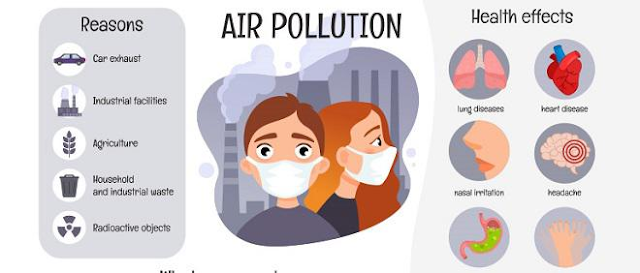Disruptive Mood Dysregulation Disorder
DEPRESSION
What is Depression :- persistent sadness and a lack of interest or pleasure in previously rewarding or enjoyable activities
What is disruptive mood dysregulation disorder?
Disruptive Mood Dysregulation Disorder (DMDD) is a mental health condition that usually affects children and adolescents. It is characterized by chronic irritability, anger, and frequent temper outbursts that are significantly more severe and frequent than what is typically observed in children of similar developmental age.
To meet the diagnostic criteria for DMDD, a child must experience temper outbursts at least three times a week, on average, for at least 12 months. These outbursts must be severe and inconsistent with the developmental level of the child, and must occur in multiple settings (such as at home, school, or with peers).
Children with DMDD often have trouble regulating their emotions, which can cause significant impairment in their social, academic, and family functioning. DMDD is a relatively new diagnosis that was added to the Diagnostic and Statistical Manual of Mental Disorders (DSM-5) in 2013, and further research is needed to better understand its causes and effective treatments.
DMDD stands for Disruptive Mood Dysregulation Disorder, a relatively new diagnosis included in the DSM-5 (Diagnostic and Statistical Manual of Mental Disorders, 5th edition) that is characterized by severe and recurrent temper outbursts that are inconsistent with the developmental level of the individual.
The symptoms of DMDD include:
Frequent temper outbursts: The individual experiences severe temper outbursts at least three times per week that are out of proportion to the situation and inconsistent with their developmental level.
Chronic irritability: The individual is persistently irritable or angry for most of the day, nearly every day, and it is noticeable to others.
Aggressive behavior: The individual may show physical aggression towards people or property during temper outbursts or in response to frustration.
Trouble functioning in different settings: The irritability and temper outbursts cause significant impairment in social, academic, or occupational functioning.
Duration: Symptoms of DMDD must have been present for at least 12 months and cannot have been present for more than three consecutive months without a break.
It is important to note that the diagnosis of DMDD can only be made by a mental health professional after a comprehensive evaluation, and other conditions such as bipolar disorder or oppositional defiant disorder should be ruled out before a diagnosis is made.
Treatment for DMDD
The treatment for DMDD typically involves a combination of psychotherapy and medication. The goals of treatment are to reduce the frequency and intensity of temper outbursts, improve mood and irritability, and help the individual develop better coping skills.
Psychotherapy: Cognitive-behavioral therapy (CBT) is the most commonly used psychotherapy for DMDD. It focuses on helping the individual identify and change negative thinking patterns, improve problem-solving skills, and learn coping strategies for managing anger and irritability.
Medication: Some medications may be prescribed to help manage symptoms of DMDD, such as mood stabilizers, antidepressants, or antipsychotics. These medications can help regulate the individual's mood, reduce irritability and aggression, and improve impulse control.
Family therapy: Family therapy can also be beneficial for children with DMDD, as it helps improve communication between family members, teaches parenting skills, and provides support and guidance to the family.
It is important to note that treatment for DMDD should be tailored to the individual's specific needs and may take time to see improvement. Consistent and ongoing treatment can be effective in helping the individual manage symptoms and improve functioning in different areas of life.
~ Abishek kumar T.S
Ig id :- depression55667
Instagram id :- https://instagram.com/depression55667?igshid=ZDdkNTZiNTM=




Comments
Post a Comment